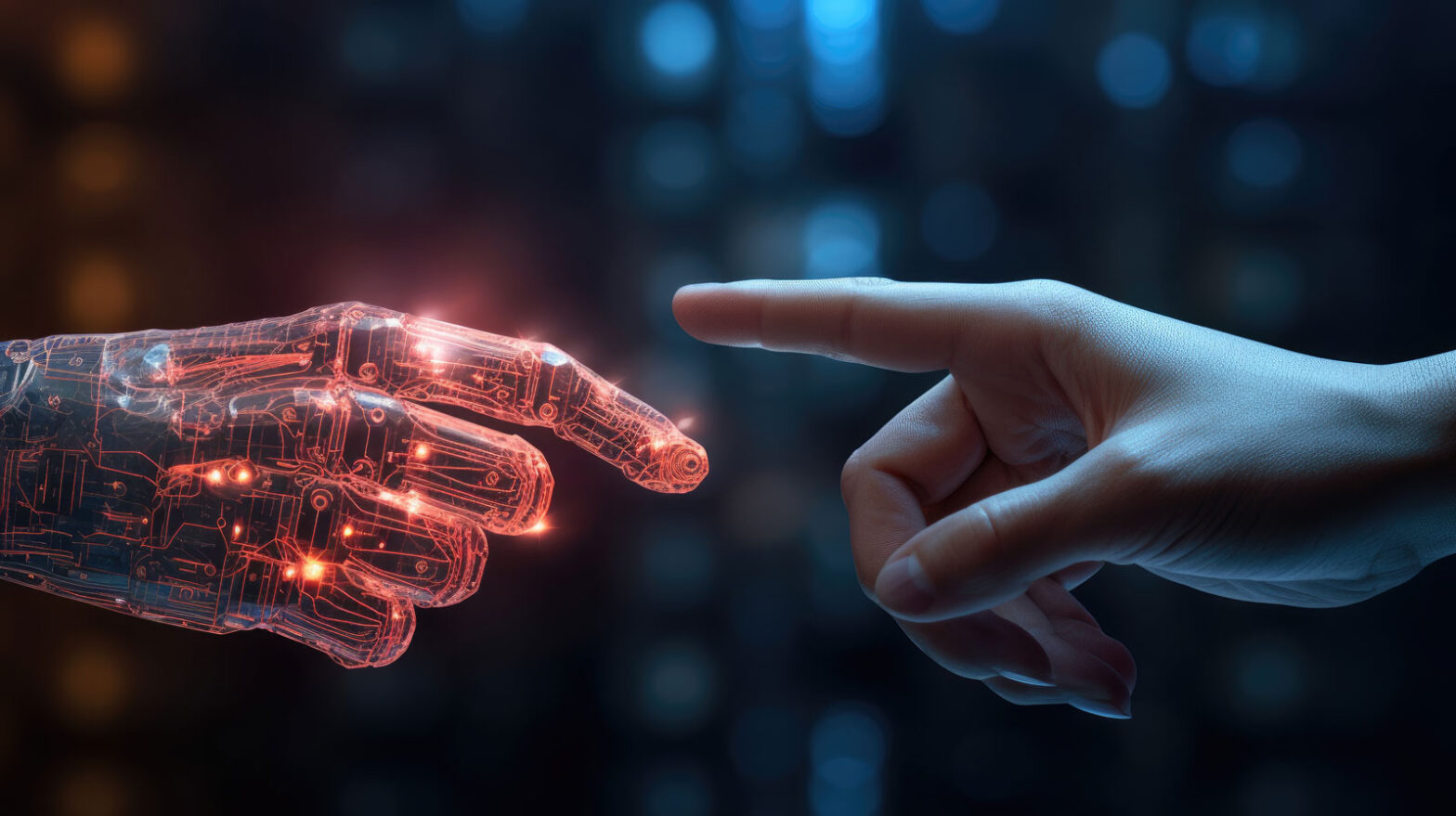“The people who are crazy enough to think they can change the world are the ones who do.” – Steve Jobs
I am an armchair student of exponential technologies and the mindset needed to navigate the future. And we are witnessing in real time how fast artificial intelligence (AI) is evolving. It has the potential to be a transformative force to positively reshape our world, or it could lead to something else altogether. We are at the crossroads of unprecedented innovation replete with massive ethical challenges and it is important to start to understand the issues and implications.
Ethical Considerations in AI Development
As AI accelerates adoption, we are confronted with the ethical tightrope of the urgent need to “not fall behind” and the more urgent need to ensure that AI works in support of humanity’s interests. The risks are huge. Already facial recognition, voice impersonation, and data mining are fueling unprecedented fraud and fake news which will only get worse. Further, biases embedded in AI programming by the programmers and the content used for training raise serious concerns about AI’s potential influence on political influence as well as equality and justice issues. Leader’s and entities involved in AI must begin a robust evaluation and audit process to ensure development aligns with democratic values, personal liberties, environmental health, and societal well-being. Check out this important video on considering the AI Dilemma.
Global Collaboration: A Necessity, Not an Option
AI is the new arms race, and leaders must weigh risks with the potential rewards. Nuclear energy has yet to reveal its transformative power for global good, while nuclear weapons are poised to destroy it. Imagine Oppenheimer if the subject were the race for an ‘AGI Breakout’ instead of nuclear weapons. It is a similar situation, yet the risks are much higher. Nations will need to transcend their rivalries in order to harness the positive benefits for humanity while avoiding the obvious dangers. But that seems a possibility that may accrue only after a cataclysmic disaster. How do we demand that global leaders work together to collectively ensure that the evolution of AI prioritizes the well-being of our shared humanity?
Our Collective Responsibility
In the mad world we live in, ethical leadership and global collaboration are urgent requirements, the new “non-negotiables.” Who is stepping up to lead? It will be up to us all to do our part, to use our voice, vote and money to demand that leaders take AI (as well as other WMD’s) seriously. These are far more onerous threats than a distant possibility of the climate crisis, yet few are talking about them, and even fewer doing anything. Our choices at this pivotal juncture will define how the future is shaped. Let’s commit to a path where AI enriches the future without compromising our humanity. We all bear the collective responsibility to ensure that leaders prioritize the well-being of the collective. Though it is a ‘wicked problem,’ I am optimistic that we can navigate the ethical tightrope, and forge a future where technology and humanity co-create, fostering a positive, balanced, and inclusive world.


